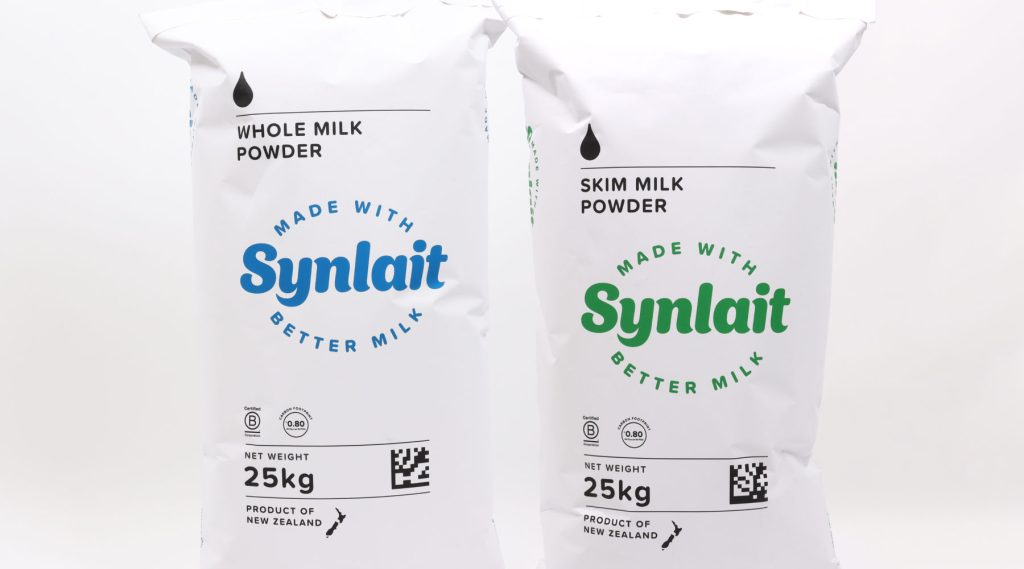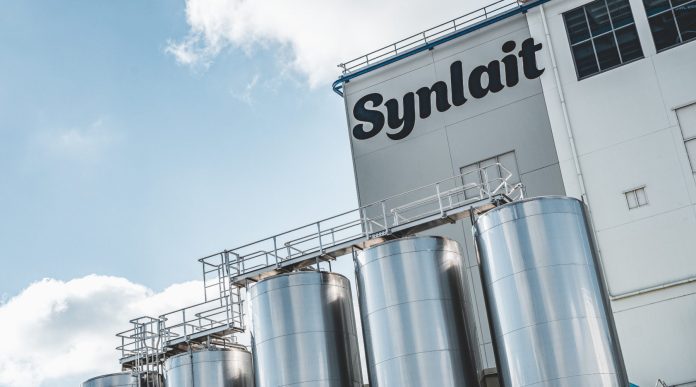Synlait Milk has agreed to sell a portion of its New Zealand assets to Abbott Laboratories for NZ$307 million (approximately US$177 million). The deal is expected to reduce debt and strengthen the company’s financial position after several years of losses and weak performance.
Synlait agrees to sell assets
The sale includes the Pokeno plant, as well as canning and warehousing facilities in Auckland. Completion of the transaction is scheduled for the first quarter of next year. Synlait’s largest shareholder, the Chinese company Bright Dairy (which owns 65%), has already announced its support for the offer at the November shareholders’ meeting.
Chairman George Adams noted that the agreement will make the company “more resilient and easier to manage.” He added that in addition to reducing its debt burden, the deal offers Synlait the opportunity to “leave survival mode and begin to shape a promising future.”

Synlait’s problems are largely due to excessive borrowing during its entry into the Chinese baby food market. The dispute with a2 Milk Co. also hit profits, although the parties later settled the dispute: last year, the companies, together with Bright Dairy, conducted a NZ$218 million recapitalization.
In its most recent financial year, Synlait posted a NZ$40 million loss, significantly lower than the NZ$182 million deficit in the previous period. The company’s net debt decreased by 55% to $250.7 million, reaching its lowest level since 2018.
“A year ago, we were struggling to survive,” Adams emphasized. “Today, we are on track for a complete financial turnaround. This is a result many thought unattainable.”
The company will retain its South Island plant, which produces dairy products, including infant formula.
Margin Debt in the U.S. Hits Historic $1 Trillion
For the first time on record, U.S. margin debt has surpassed $1 trillion, raising alarms about the growing appetite for risk among investors, even as the S&P 500 continues to set new highs.
This development comes two years after Warren Buffett cautioned Berkshire Hathaway shareholders that markets were starting to resemble a “casino.” In his 2023 letter, he reminded investors that while crashes are uncommon, they are unavoidable in markets shaped by human behavior and bouts of speculation.

